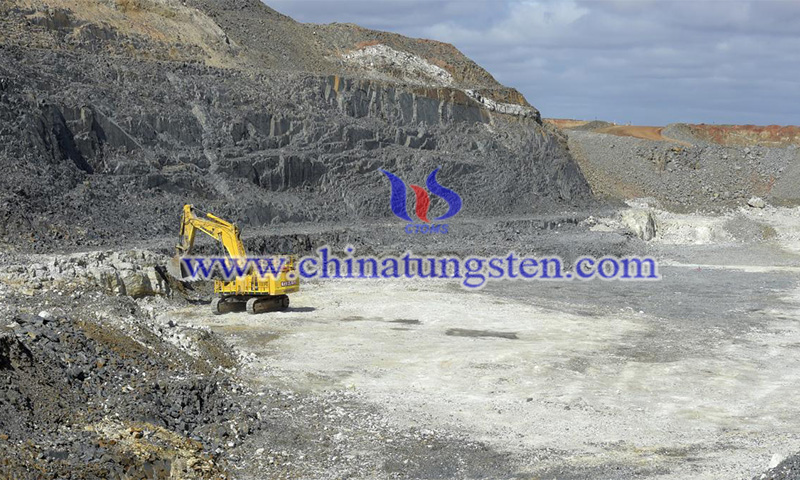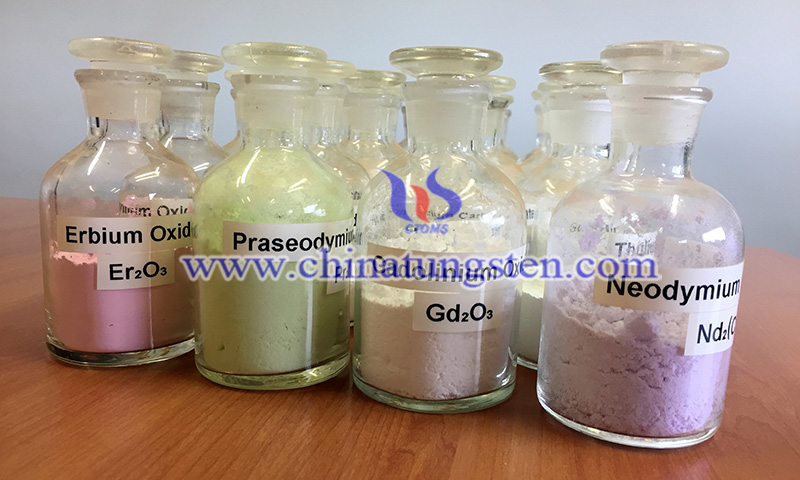Australia to Boost Rare Earth capacity
- Details
- Category: Tungsten's News
- Published on Tuesday, 22 March 2022 17:17
Australia’s Prime Minister Scott Morrison Scott Morrison announced funding for rare earth refining to boost rare earth capacity, including vital components for high-tech batteries, as the country works with the U.S. to move away from its heavy reliance on the key Chinese mineral.
Ahead of the May 21 federal election, Morrison will campaign in Western Australia, where he will announce $243 million ($175 million) for four new projects, including a new nickel-manganese cobalt battery material refinery in the Kalgoorie region and a vanadium refinery project led by Australian Vanadium Ltd. Australian Vanadium Ltd is leading the vanadium refining project.

The funding is part of an ongoing push by Morrison and his government to encourage self-reliance in vital supply chains. Industry, Energy and Emissions Reduction Minister Angus Taylor said in the announcement. While Australia has some of the world's largest reserves of rare earths, China dominates the industry globally by about 70 to 80 percent, Taylor said in the announcement.
This initiative aims to address that dominance, and not only do these projects create new local jobs and change the game, they will also open up new export opportunities," Taylor said in a statement. Shares of Australian rare earth companies that will receive funding as part of the new policy soared.
In recent years, Australian relationship with China has become increasingly frosty. Following Morrison's call in April 2020 for an international investigation into the origin of Covid-19, Australian exports began to experience difficulties in accessing Chinese ports. This economic pressure has led to calls within Australia for the country to diversify its exports away from China, currently its largest trading partner.
The United States and its allies have worried for years about China's attempts to control the rare earth capacity, fearing that it could use its dominant position to restrict access to the vital mineral needed for high-tech manufacturing. China is consolidating the industry by merging major producers to tighten its grip on a global industry it has dominated for decades and telling producers of electronics and magnet materials to rein in soaring prices.

In September, the Morrison government announced a A$2 billion loan facility to develop additional critical mineral projects. Meanwhile, the Biden administration, while encouraging cooperation with allies to develop new sources of critical metals through forums such as the Quadrilateral Security Partnership, last month announced a "Made in America" strategy to strengthen domestic output.
Rare earths are 17 chemically related elements that have magnetic and fluorescent properties. They include neodymium and praseodymium, which are used in high-power magnets, and yttrium, which is used in targeting systems. While they are not as rare as gold or silver, these elements are not often found in large quantities and require intensive processing to produce the material for the end user.
Morrison's announcement comes as he struggles in the polls ahead of a general election likely to be held in May. In recent weeks, the Australian leader has made high-profile announcements about national security spending, including a $10 billion naval base, aimed at boosting rare earth capacity and the country's self-reliance in the region.
- Rare Earth Manufacturer & Supplier, Chinatungsten Online: www.chinatungsten.com
- Tungsten News & Prices of China Tungsten Industry Association: www.ctia.com.cn
- Molybdenum News & Price: news.molybdenum.com.cn
- Tel.: 86 592 5129696; Fax: 86 592 5129797; Email: sales@chinatungsten.com



 sales@chinatungsten.com
sales@chinatungsten.com